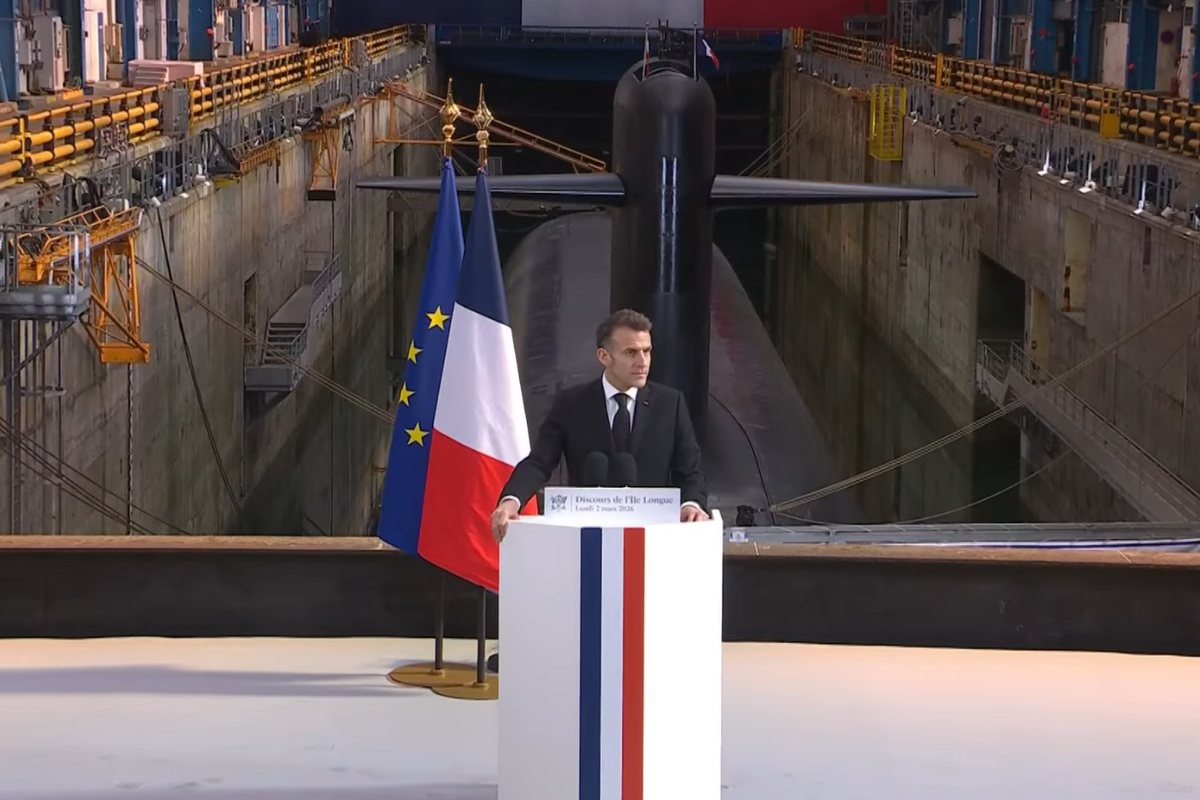Le rejet de la Constitution a été le signe d’un défaut d’adaptation au monde actuel et d’une crise de la décision dans l’ensemble des pays démocratiques. Est-ce le point de non-retour ? La reprise des avancées vers l’intégration européenne n’est pas certaine. Il existe pourtant une demande d’Europe, qui porte surtout sur ce que l’Union ne fait pas : faire entendre sa voix par rapport aux crises, agir pour la paix et le développement. On se heurtera à deux obstacles : l’élargissement et les insuffisances des institutions. Les coopérations renforcées permettront d’aller de l’avant, en donnant à l’architecture de l’Union un aspect quelque peu baroque. Cette méthode n’est pas applicable en matière de politique extérieure. Là, pendant longtemps, il faudra recourir à des expédients et à des faux-semblants, ce qui renforcera l’aspect baroque du système.
L'Union européenne et son avenir « baroque »
The European Union and its 'baroque' future
The vote against the Constitution is the sign of a lack of adjustment to today’s world and of a crisis of decision-making in all democratic countries. Has the European process reached the point of no return? Although a new start is far from assured, there is a ‘demand for Europe’, mainly in the fields where the European Union has so far been ineffective: making Europe’s voice heard in international crises, acting in favour of peace and development. On this path we will run into two difficulties: the consequences of enlargement and the inadequacy of institutional mechanisms. ‘Enhanced cooperation’ will allow us to go forward, while giving the European architecture a somewhat baroque appearance. This method is not applicable for foreign policy in which, for a long time, we shall have to make do with ad hoc measures and pretences, which will accentuate the baroque character of the system.
Le référendum de 2005 est-il un coup d’arrêt temporaire ou le point de retournement du processus historique qui se déroule depuis 1950 ? On ne peut se résoudre à adopter la seconde hypothèse. À cet égard, le précédent du rejet de la CED est un encouragement, puisque le processus a ensuite repris ; mais il faudra se donner du mal. Est-on réaliste si l’on se satisfait, comme le font à l’heure actuelle beaucoup de responsables politiques, de l’idée qu’en vertu de l’irrationnel calendrier des présidences tournantes, la présidence française de 2008, dûment préparée par d’autres, notamment par l’allemande, arrangera miraculeusement les choses, et cela, comme par enchantement, au moment même où sera élu un nouveau Parlement européen ? Ce beau scénario n’est pas impossible, mais il est loin d’être certain.
L’échec
L’échec du projet constitutionnel n’est pas un phénomène contingent. Il a des causes, qu’il vaudrait mieux méditer. Il y a d’abord le multiple effet négatif des élargissements, qui, à mesure qu’ils se sont succédé, ont mis en évidence l’insuffisance des financements communautaires que les États membres refusaient d’accroître, ont entamé la crédibilité du projet d’intégration et ont généré mille fantasmes. Il y a le phénomène difficile à comprendre, mais réel, d’une « fatigue de l’euro ». Depuis 2001, à l’exaspération contre la bureaucratie, à la revendication jamais satisfaite de « subsidiarité », aux angoisses sur l’élargissement, les optimistes répondaient : « Il y a l’euro », et de fait la création de la monnaie unique a été un formidable bond en avant. Mais dès les urnes rangées en mai 2005, est née une campagne contre l’euro qui bat son plein aujourd’hui, et la presse, qu’il s’agisse des journaux d’information ou des publications économiques, avec les anglaises en tête, y contribue complaisamment : vie chère, chômage, stagnation des exportations, l’euro est coupable de tout. Et même des politiciens modérés des deux bords reprochent à la Banque centrale européenne une politique monétaire défavorable à la croissance.
Le rejet de 2005, on doit en saisir toute la portée. C’est d’abord le refus névrosé par les Français d’une œuvre que leur pays a inspirée plus qu’un autre et qui lui a profité plus qu’à aucun autre. Plus généralement, ce « non » relève d’une interrogation angoissée sur le monde contemporain. Et la crise de l’Europe est liée à la crise de la décision politique dans les démocraties. Lorsque les chauvins se lamentent de ce que l’Europe grignote la souveraineté de la nation, ne voient-ils pas que cette souveraineté se perd tous les jours lorsque le pouvoir démocratique recule devant la rue : lorsque toute réforme est mise en cause au nom du droit à la protestation des minorités ou d’autres catégories ; lorsque la concertation se transforme de facto en codécision au bénéfice des représentants non élus d’intérêts ou de principes ; lorsque les fonctionnaires exercent sur les décisions du Parlement un droit de veto passif en s’abstenant de rédiger les décrets d’application des lois qui ne leur conviennent pas ? Ainsi la lourdeur de Bruxelles ne fait qu’aggraver une maladie paralysante du pouvoir démocratique qui touche toutes nos nations, ainsi d’ailleurs que d’autres dans le monde. Le manque de coordination à l’intérieur de la Commission, dont tous se plaignent, ne fait que reproduire à l’échelon européen la détérioration du pouvoir d’arbitrage détenu dans chaque État par le chef de l’exécutif. Ainsi bien des dysfonctionnements européens sont le reflet de dysfonctionnements nationaux, et en remédiant à ceux-ci, on contribuerait à éliminer ceux-là. Pour renforcer l’Europe, il faut renforcer les pouvoirs nationaux. En attendant, hommes politiques nationaux, eurocrates, les uns et les autres souffrent de la même désaffection ; avec cette différence que les responsables nationaux sont connus et les hommes de Bruxelles largement anonymes : moins d’opprobre, mais aucune possibilité de se faire entendre. Et lorsqu’ils sont mis en cause, ce ne sont pas les présidents et les ministres des États membres qui s’exposeront pour les défendre.
Il reste 73 % de l'article à lire
Plan de l'article









